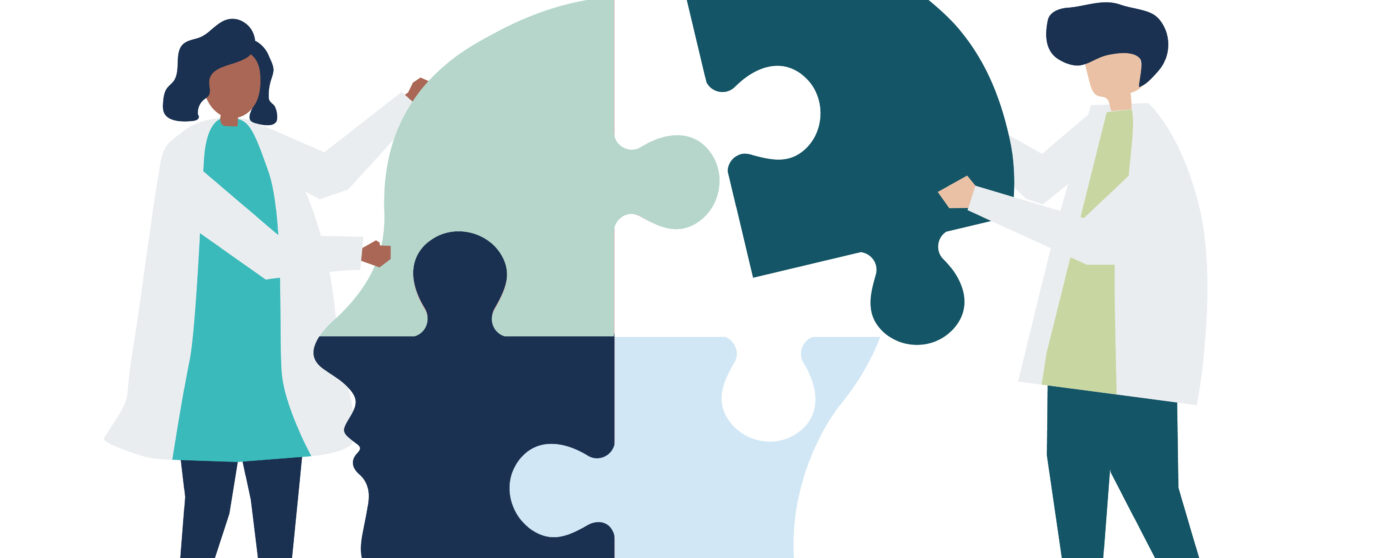News
Back to news
Mental Health
The mission of the Philanthropic Consortium is to support those in need. In recognising the most pressing contemporary issues and planning our philanthropic activities, we have decided that our focus for 2024/25 will be MENTAL HEALTH, including promoting tolerance, understanding, and mutual support.
The figures speak for themselves. In 2023 alone, 146 young people in Poland took their own lives. Additionally, the number of registered suicide attempts among children and teenagers under the age of 18 reached 2,139, though experts estimate that the number of unreported attempts could be 80 to 100 times higher.
Sadly, these alarming statistics are growing year by year.
Between 2013 and 2023, the number of suicide attempts among children and teenagers aged 13-18 in Poland has almost increased sixfold.
In 2013, there were 348 attempts in this age group, compared to 2,054 in 2023.
The desire to take one’s own life is one of the symptoms of depression, but suicidal thoughts can also be a symptom of other mental illnesses and disorders. As the Philanthropic Consortium, we want to invest in prevention, education, and raising public awareness. Addressing this challenge, our goal is to support mental health for both young people and adults, many of whom struggle in silence, hiding their difficulties behind a mask of strength, regardless of the circumstances.
In 2023, 4,404 men in Poland died by suicide, accounting for 84.1% of all suicide deaths. This stark statistic shows that the problem is far more prevalent among men than women. Societal pressure, lack of access to information, and the harmful repetition of stereotypes – such as “men don’t cry” and the expectation that they should cope alone rather than seek professional help – are key contributors to this unequal struggle. We must put an end to this stigmatisation. Seeking understanding, support, and assistance is a sign of strength, not weakness. This is yet another reason why education and raising awareness about the importance of seeking help are so vital.
Suicides are also a problem among women. According to data from the National Health Fund (NFZ), depression is diagnosed in women more than twice as often as in men. Women make up 73% of all those receiving treatment for this illness. It is estimated that around four million Poles, both men and women, suffer from depression.
Our society, especially children and teenagers, are exposed to a range of harmful external factors that exacerbate mental health issues. These include high expectations, social and peer pressure, unstable family environments (conflict, domestic violence, lack of emotional support), bullying, and cyberbullying (hate, exclusion), all of which lead to suicide attempts and self-harm. We must also mention excessive use of, or addiction to, social media, which results in low self-esteem from constant comparison, feelings of helplessness, anxiety, and even depression due to the pressure of “being perfect.”
Low public awareness about mental health disorders and related stigma makes young people often afraid to seek help or unsure where to turn. Education on mental health is insufficient.
Numerous psychological studies show that knowledge affects human behaviour.
Thus, mental health education can be an effective tool in supporting preventative measures against the rising suicide statistics, provided it aligns with modern psychiatric knowledge and academic psychology.
There is still a lack of mental health specialists in Poland—psychiatrists and child psychologists—which extends the waiting times for consultations and therapy. Access to professional help in a timely manner can prevent suicide attempts and, in turn, reduce these shocking statistics. In response to these needs, the Philanthropic Consortium has decided that MENTAL HEALTH will be the central theme of our activities this year.
Recognising the need to raise public awareness and promote knowledge in this area, we have made an obvious choice. Our mission is education, and as the Philanthropic Consortium, we aim to collaborate with leading specialists—psychiatrists, psychologists—and encourage involvement from other non-governmental organisations that also value mental health.
